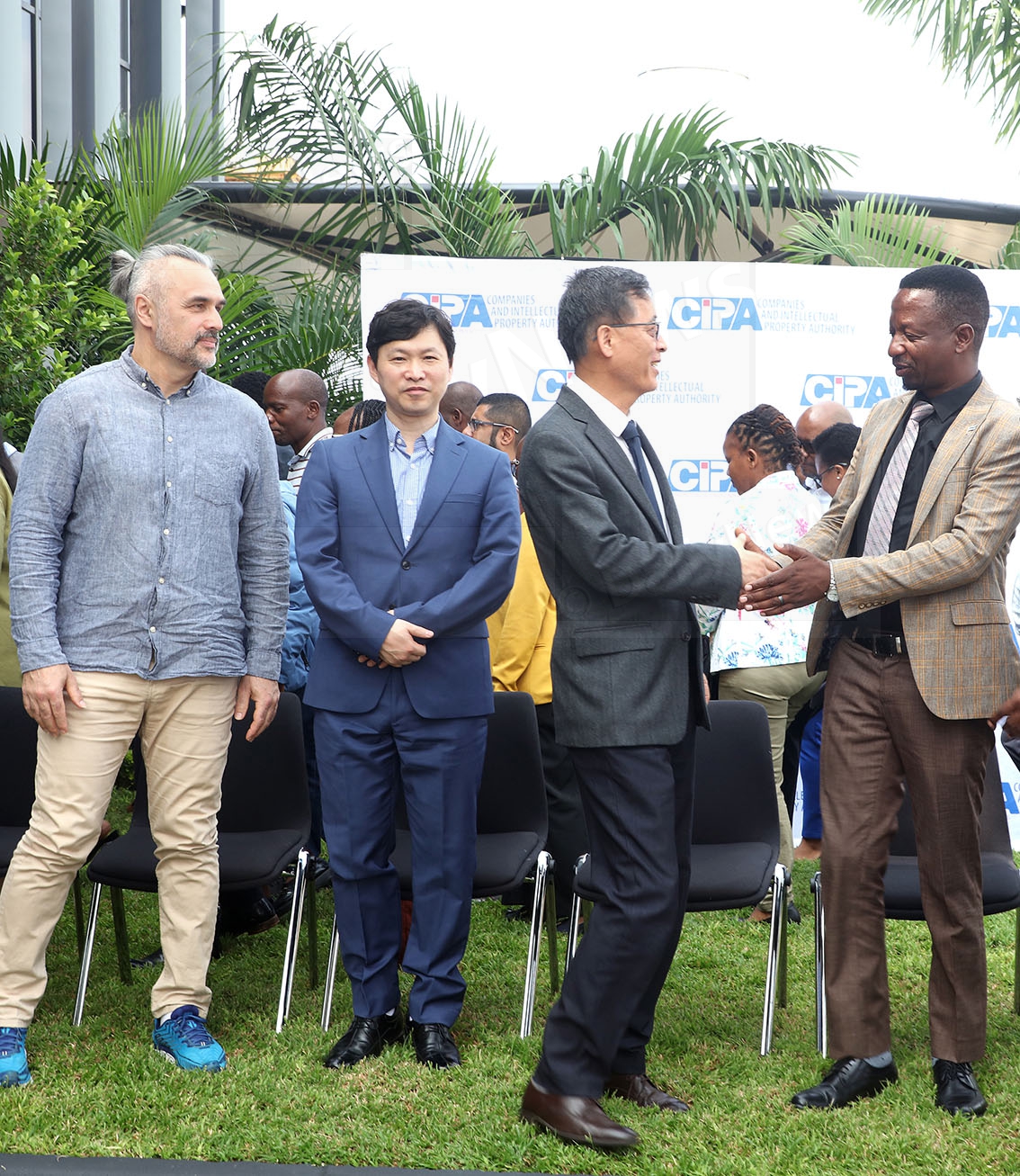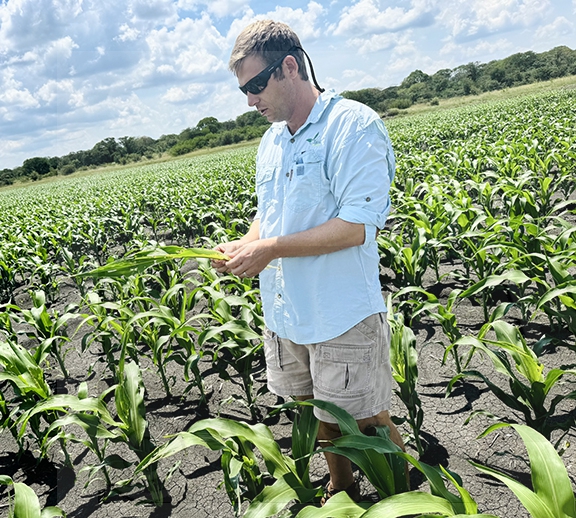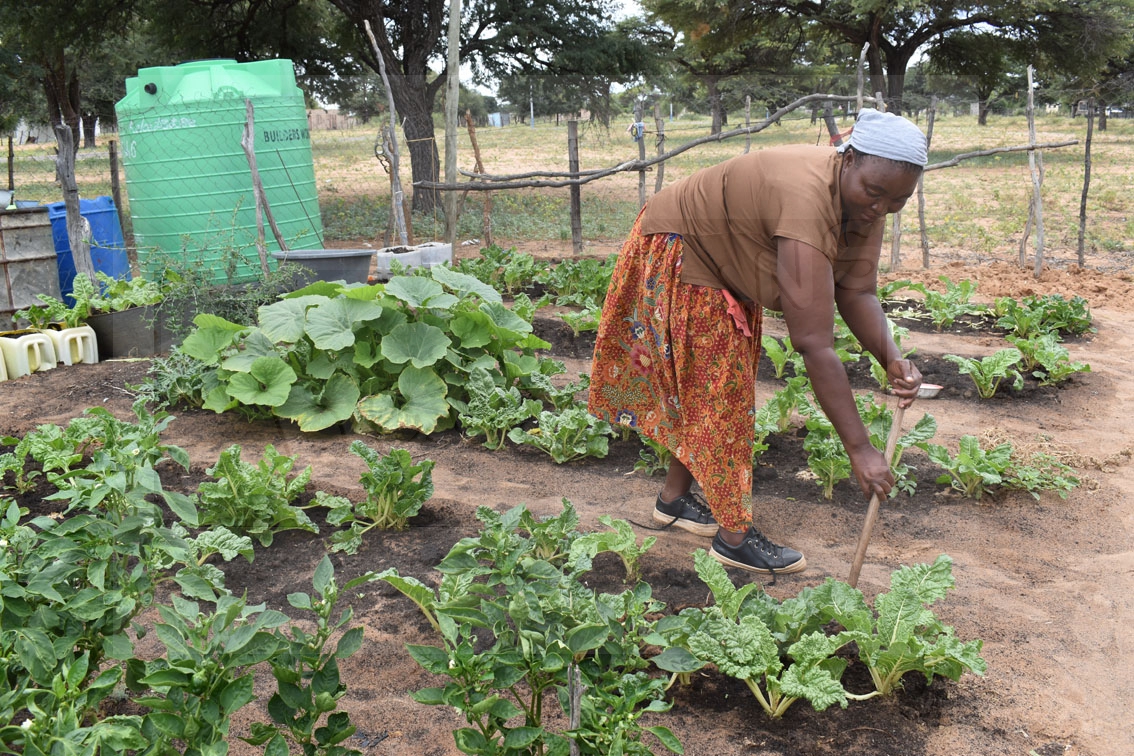IP critical to industrial growth
25 Feb 2025
Intellectual Property (IP), which includes patents, trademarks, designs and copyright, is a tool which can stimulate national growth and development through generating jobs, and developing human capital.
This was said by the Ministry of Trade and Entrepreneurship assistant minister, Mr Baratiwa Mathoothe when officiating at the World Intellectual Property Organisation (WIPO)-Companies and Intellectual Property Authority (CIPA) Training on Intellectual Property Meister Certificate Course in Gaborone on Monday.
The protection of IP, Mr Mathoothe said was imperative, stressing that protection of ideas and innovations is a central priority in the competitive strategies of many economic actors especially in the globally connected economy with high-speed information flow.
“It is for this reason that emerging nations like China, have in the last few years, assumed leadership in the registration and protection of ideas, through the famous Indigenous Intellectual Protection, to specifically ensure that they derived optimal benefits from ideas and knowledge,” he said.
For that reason, the assistant minister thanked WIPO for the technical assistance that the organisation had extended to Botswana over the years, saying WIPO was a key partner to Botswana on the use of the IP system.
“Where Botswana is today on matters of IP is attributed to WIPO and we can never thank them enough for this immense support. We remain resolute in advancing work in the IP space and look forward to more support even in the future,” he added.
Botswana’s culture and appetite for innovation, Mr Mathoothe said was growing rapidly, as witnessed through the explosion of new locally made products being availed daily in the market place.
Therefore, he expressed delight that all the 50 participants, from different institutions, would acquire the knowledge that they would apply in their institutions to help the country in its quest to build national wealth through a knowledge asset.
Further, Mr Mathoothe explained that the five-day course, organised by WIPO in collaboration with CIPA, was a culmination of discussions that started between WIPO and CIPA in May 2024 to capacitate local scientists, researchers and innovators on issues of IP.
The training, he said was also meant to nurture IP lead specialists in the practice of using IP to maximise the efficiency and effectiveness of Research and Development (R&D) activities and to facilitate the commercialisation of R&D outcomes for the country’s industrial and economic development.
“This course comes at the right time as we are all aware that, the transformation of our economy from dependence on mineral wealth to a knowledge-based economy is one of government’s key priorities,” he said.
“This is enshrined in the sustainable development pillar of Vision 2036, where we aspire to use our knowledge assets to transform Botswana into a high-income, export-led economy, underpinned by high productivity and diversified, inclusive and sustainable growth,” he added.
The 2025 budget speech, the assistant minister said also highlighted the need to diversify the economy and transition it to an innovation-knowledge-export driven economy.
He, therefore, encouraged participants to make good use of the opportunity to use their research, science and innovation to come up with solutions that could address the challenges that inhibit the country while also being creative on how one can interface IP for the economic advancement of the country.
For his part, WIPO Academy director-advisor, Mr Kui Wou Kwun expressed appreciation to the government for its commitment to advancing IP education and innovation and its continued dedication to fostering a strong IP ecosystem.
Mr Kwun also thanked CIPA for co-organising the event with WIPO, through the support of the Korean Intellectual Property Office (KIPO), making the initiative a success.
The invaluable insights shared by different speakers and experts during the training, he said would help inspire and empower participants and also equip them with the tools needed to integrate IP into research and innovation strategies.
He explained that the course was designed to equip professors and researchers from Botswana’s academic and research institutions with the practical knowledge and skills necessary to leverage IP for innovation, commercialisation and economic development.
“By the end of this programme, participants will not only gain a deeper understanding of patent drafting, IP management, and commercialisation strategies, but will also develop a mindset that integrates IP into the research and innovation process ensuring that ideas and inventions lead to real-world impact,” he added.
Strategic investment in IP education and capacity-building, the WIPO director-advisor said, could fuel technological advancement, industrial growth and global competitiveness, expressing hope that the IP Meister Training Course would serve as the starting point for Botswana’s journey toward developing its own IP experts who would in turn drive innovation, entrepreneurship, and economic growth.
“Just as IP has been a catalyst for innovation and economic growth in Korea, as well as in many countries, I firmly believe that Botswana can also harness the power of IP as a key driving factor in its economic development. We at WIPO are proud to support this journey.
Through initiatives like this training course and the Coaching and Clinic (CC) Program, we aim to empower local researchers with the ability to draft patents, conduct strategic IP searches, and navigate national and international IP systems,” he added.
World Intellectual Property Organisation, he said focused on ensuring that IP did not remain the domain of lawyers, but became a tool that everyone, small and medium-sized enterprises, entrepreneurs, researchers and professionals working in innovation could use to foster personal, community, and national economic growth. ENDS
Source : BOPA
Author : Lorato Gaofise
Location : Gaborone
Event : Training
Date : 25 Feb 2025






